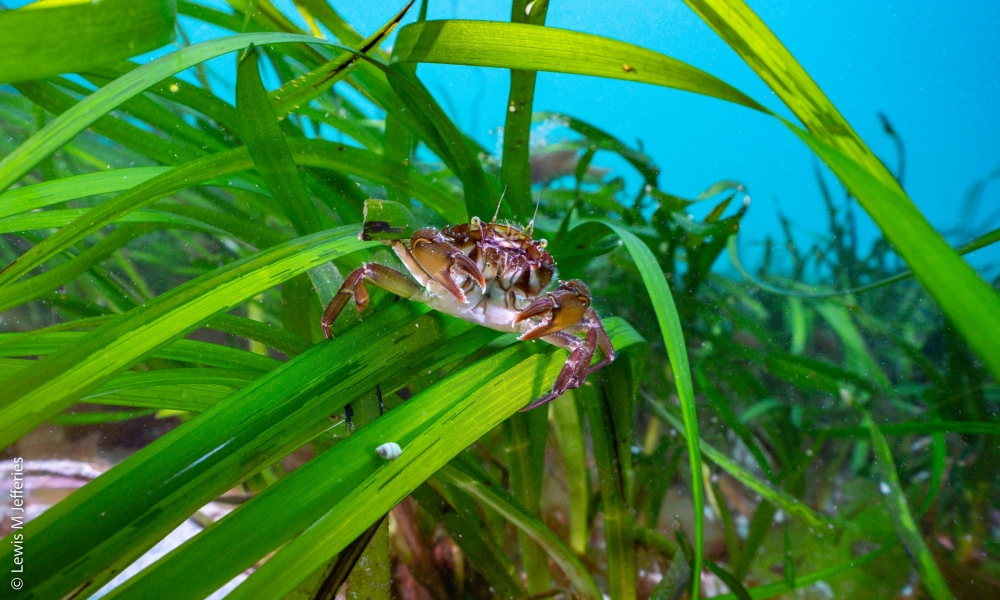Policy and financial support for seagrass protection and restoration
Associated sprints
recent news
- Growing Positive Change
- The Agile Initiative Enabling Fund
- Pre-announcement: Next Sprint Funding Call to Open in September 2024

Seagrass protection and restoration would provide valuable carbon removal and storage, alongside substantial benefits for people and nature, but more needs to be done to encourage this through policy and nature financing. A seagrass ‘carbon code’ could help drive this by recognising and promoting best practices, and facilitating payment for ecosystem service provision.
A number of the key policy steps towards establishing a UK seagrass carbon code, as well as the barriers that must be overcome in order to achieve this, will be presented by Nature-based Solutions Initiative researcher John Lynch at the inaugural UK Seagrass Symposium.
The talk will highlight the conclusions of a recent Agile Initiative policy Brief on ‘A blue carbon code for UK seagrass’, prepared in collaboration with Blue Marine Foundation, Project Seagrass, the Oxford Seascape Ecology Lab, and the Nature-based Solutions Initiative.
Seagrass protection and restoration would contribute to a range of policy ambitions. Carbon storage will play a role in mitigating global warming, while seagrass meadows also help in climate change adaptation, reducing wave damage and stabilising coastal landscapes. Seagrass provides important habitat for a range of organisms, including acting as a nursery for commercial important fish, so healthy seagrass can also support jobs and economic development of coastal communities.
There are a number of important scientific and practical obstacles to overcome in developing a UK seagrass carbon code, however. At present, we lack detailed maps of current and potential seagrass area UK-wide. We also need better scientific quantification of what management practices will work best in the UK, and exactly what climate benefits would be provided.
As a large number of stakeholders are involved in coastal resource management, it is also important that action is coordinated across different communities and organisations. A seagrass code could help facilitate cooperation, and also streamline financial support for seagrass management by establishing a clear framework that recognises the multiple benefits seagrass can provide.
This policy brief builds on an extensive report on Developing a UK Seagrass Carbon Code led by Dr Melissa Ward of the Oxford Seascape Ecology Lab and Windward Sciences, launched this summer, with further scientific input and financial support from Blue Marine Foundation, and Project Seagrass, and additional funding thanks to ofwat, University of Oxford’s ESRC (Economic and Social Research Council) Impact Acceleration Account, and the Agile Initiative (Oxford Martin School, University of Oxford) as part of its research sprint on “scaling up nature-based solutions in the UK”. The Agile Initiative is supported by the Natural Environment Research Council as part of the Changing the Environment Programme – NERC grant reference number NE/W004976/1.



